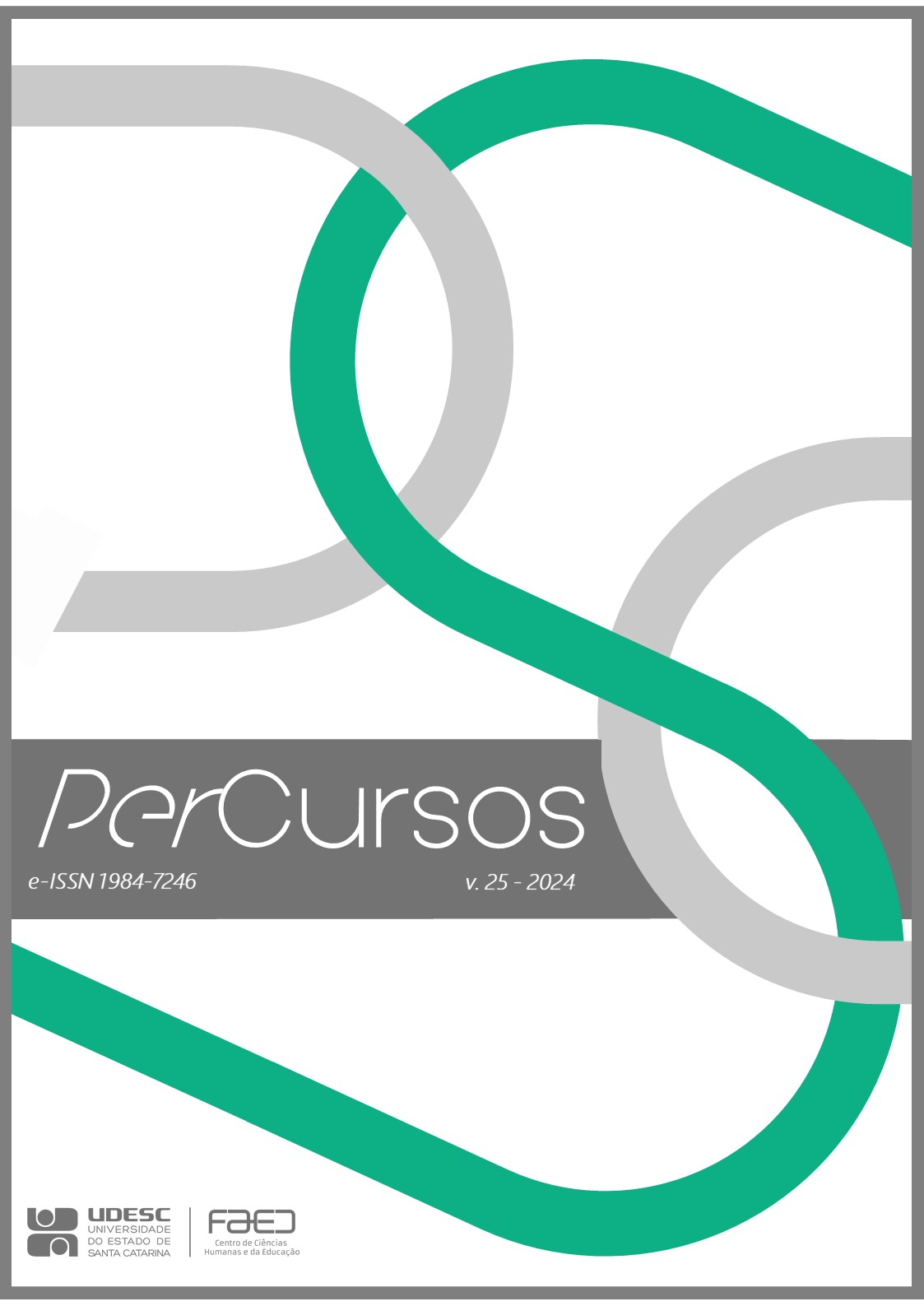Cultural landscape of Rio da Luz Valley (SC): management using geospatial data
DOI:
https://doi.org/10.5965/19847246262025e0309Keywords:
spatial analysis, territorial management, historical-cultural heritage, Geographic Information System (GIS)Abstract
The Germanic colonization that took place between the late 19th and early 20th centuries in the Rio da Luz Valley (Jaraguá do Sul, SC) resulted in a rural settlement whose occupation and culture still exhibit both tangible and intangible elements. The Complex was protected by the National Historical and Artistic Heritage Institute (Iphan) through a listing in 2007, as the legal instrument for safeguarding Cultural Landscapes had not yet been finalized (the Brazilian Cultural Landscape Chancela Ordinance was published in 2009). Recognizing the need for more effective tools for integrated management across municipal, state, and federal levels, geoprocessing activities have been employed in conjunction with software that creates and shares interactive maps on the web. These maps compile territorial data from pre-existing databases with the aim of analyzing the distribution and interrelationships of the main elements that contribute to both the characterization and mischaracterization of the Rio da Luz Valley as Brazilian cultural heritage. Based on cartographic outputs and the cultural, historical, and landscape values highlighted in the listing dossier, spatial and visual analyses were carried out to identify priority areas for management within the protected zone of this Rural Complex.
Downloads
References
BRASIL. Portaria nº 127, de 30 de abril de 2009. Estabelece a chancela da Paisagem Cultural Brasileira. Diário Oficial da União, Brasília, DF, nº 83, Seção I, p. 17, 5 maio 2009.
HEIDTMANN JR., D. E. D. Gestão de paisagem cultural da imigração alemã utilizando método multicritério de apoio à decisão. 2013. Tese (Doutorado em Engenharia Civil) – Universidade Federal de Santa Catarina, Florianópolis, 2013.
INSTITUTO DO PATRIMÔNIO HISTÓRICO ARTÍSTICO NACIONAL (IPHAN). Roteiros Nacionais de Imigração: dossiê de tombamento: histórico, análise e mapeamento das regiões. Florianópolis: IPHAN, 2011. v. 1.
LI, Q.; WUMAIER, K.; ISHIKAWA, M. The spatial analysis and sustainability of rural cultural landscapes: Linpan settlements in China’s Chengdu Plain. Sustainability, Basel, Switzerland, v. 11, n. 16, p. 4431, Jul./Aug. 2019.
RAMOS, A. P. M.; RODRIGUES, B. M.; OSCO, L. P.; ANTUNES, P. A. Abordagem sistemática de projeto cartográfico para a análise da qualidade ambiental de bacia hidrográfica. Revista Brasileira de Geografia Física, Pernambuco, v. 11, n. 3, p. 1079-1100, set. 2018.
WEISSHEIMER, M. R. Paisagem cultural brasileira: do conceito à prática. Fórum do Patrimônio, Belo Horizonte, v. 5, n. 2, jul./dez. 2012.
Published
How to Cite
Issue
Section
License
Copyright (c) 2025 PerCursos

This work is licensed under a Creative Commons Attribution-NonCommercial 4.0 International License.


